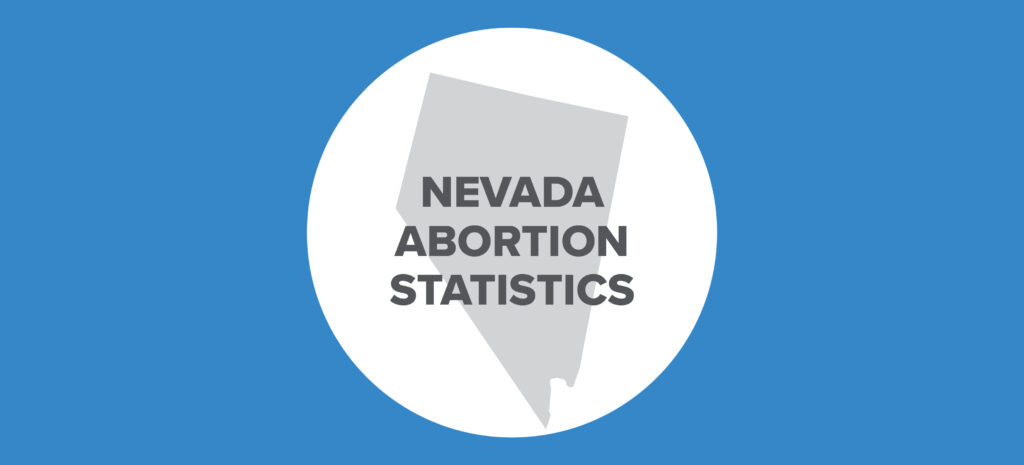Q&A with the Scholars: Surrogacy and Assisted Reproductive Technology

Jennifer Lahl, R.N., M.A., is founder and president of The Center for Bioethics and Culture Network. Lahl couples her 25 years of experience as a pediatric critical care nurse, a hospital administrator, and a senior-level nursing manager with a deep passion to speak for those who have no voice. She serves on the North American Editorial Board for Ethics and Medicine and on the Board of Reference for the Institute on Disability. Ms. Lahl is one of our nearly 40 associate scholars. In this interview, she discusses surrogacy and assisted reproductive technology.

The infertility industry in the United States is a booming business. For many young women, the opportunity to receive money in return for donating their eggs for third-party reproduction may seem attractive in the face of financial burdens. But many people, including the donors themselves, are unaware of the risks involved. What are some of the overlooked harms of the egg donation industry?
Lahl: First, the fact that we have never once studied the long-term effect of this procedure of egg “donation” means that we can’t even begin to inform women of the potential risks to their health and their future fertility. Also, the commingling of money with any ethical decision-making is problematic because money can be coercive. Why don’t we allow organ donors to sell their organs? Because we know that people who need money will make decisions not in their own best interest. This industry preys on people who need money and have a desire to help. Finally, I remind young women: you are not helping someone have A baby, but helping them to have YOUR baby – a baby that will have half your genes, your family medical history, and is related to you and your family.
In your documentary “Anonymous Father’s Day,” you explore the impact of sperm donation on the lives of the children who come to be via assisted reproductive technology. What are some of the problems that these children experience that stem from knowing that they were created like a product rather than accepted as a gift?
Lahl: The problems these children experience vary depending on how they find out their conception story. People who learn this part of their story later in life often feel confused and angry as a result of being lied to. They may lack trust in the people who kept this secret from them. People who are told early on may just accept this as their story, but as they come of age may begin to wonder who they look like, who they came from, and whether their missing parent wonders about them too. My experience in speaking with them is that many of them, no matter when they learned their story, reject the practice of paying for sperm and the whole anonymity of the process.
Surrogacy—both commercial and non-commercial—is becoming a bigger and bigger issue. What effect does serving as a surrogate have on women—and does it make a difference whether one is paid to be a surrogate or does so as a favor for a loved one?
Lahl: My work is focused on stopping all surrogacy arrangements. As a pediatric nurse, I fully understand the importance of maternal-child bonding, and the goodness and naturalness of this bonding, beginning even before the child is born. Surrogate pregnancies carry additional health risks to mother and child above and beyond a natural pregnancy. One expert in my film, “Breeders: A Subclass of Women?”, eloquently says that the baby doesn’t care about the money – the baby cares about the mother it has attached to (the mother he or she will be taken from after birth) during the nine months of pregnancy.
What do you think is the thread (or threads) tying these issues together with reproductive technology? What is the basic attitude towards life that feeds these industries, and where does that attitude go wrong?
Lahl: We’ve stopped seeing children as gifts and now see them as products that we have a right to. Taking this attitude even further, we are witnessing strong eugenics in designing babies. Just look at egg and sperm ads that talk about “elite” donors, “Ivy League” donors, talented and athletic “good” genes – the very definition of eugenics. We think that because we have this new modern technology and enough money to afford it that we have a right to use these methods to get the child of our desire.
If you had 60 seconds to explain to someone why you have pursued the work that you have throughout your career, what do you tell them?
Lahl: As a strong patient advocate and a believer in good Hippocratic medicine, I am driven by my passion for women and children, maternal/child health, and a medical profession that does no harm.
Ms. Lahl’s full biography can be found here.






























